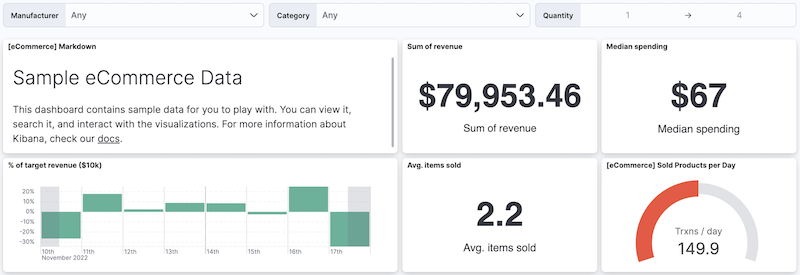🎄Structured logging and why you need it in 2024🌟
Dec 10, 2023
What is structured logging?
Structured logging is a way to log your data in a structured way. Instead of logging into plain text files, you log into json files (or JSON formatted strings sent to log aggregator).
e.g instead of logging this:
2023-12-10 12:00:00,000 INFO [main] com.example.MyClass - User 123 logged in
You log this:
{
"timestamp": "2023-12-10 12:00:00,000",
"level": "INFO",
"thread": "main",
"logger": "com.example.MyClass",
"message": "User logged in",
"user_id": 123,
}
What can you do with structured logging?

With structured logging you can do a lot of things. Here are a few examples:
- You can search your logs in a log aggregator. e.g Kibana or Azure Log Analytics.
- You can build dashboards and alerts based on your logs.
- You can even alert based on specific conditions.
How to do structured logging?
There are many ways to do structured logging. Here are a few examples:
- Log as JSON either via a library or just serialize your message as JSON (e.g using Jackson).
- Use collectors like logstash or fluentd to collect your logs and send them to a log aggregator (e.g Elasticsearch or Kusto).
- Use a query language / dashboard to search your logs and build dashboards (e.g Kibana or Azure Log Analytics).
